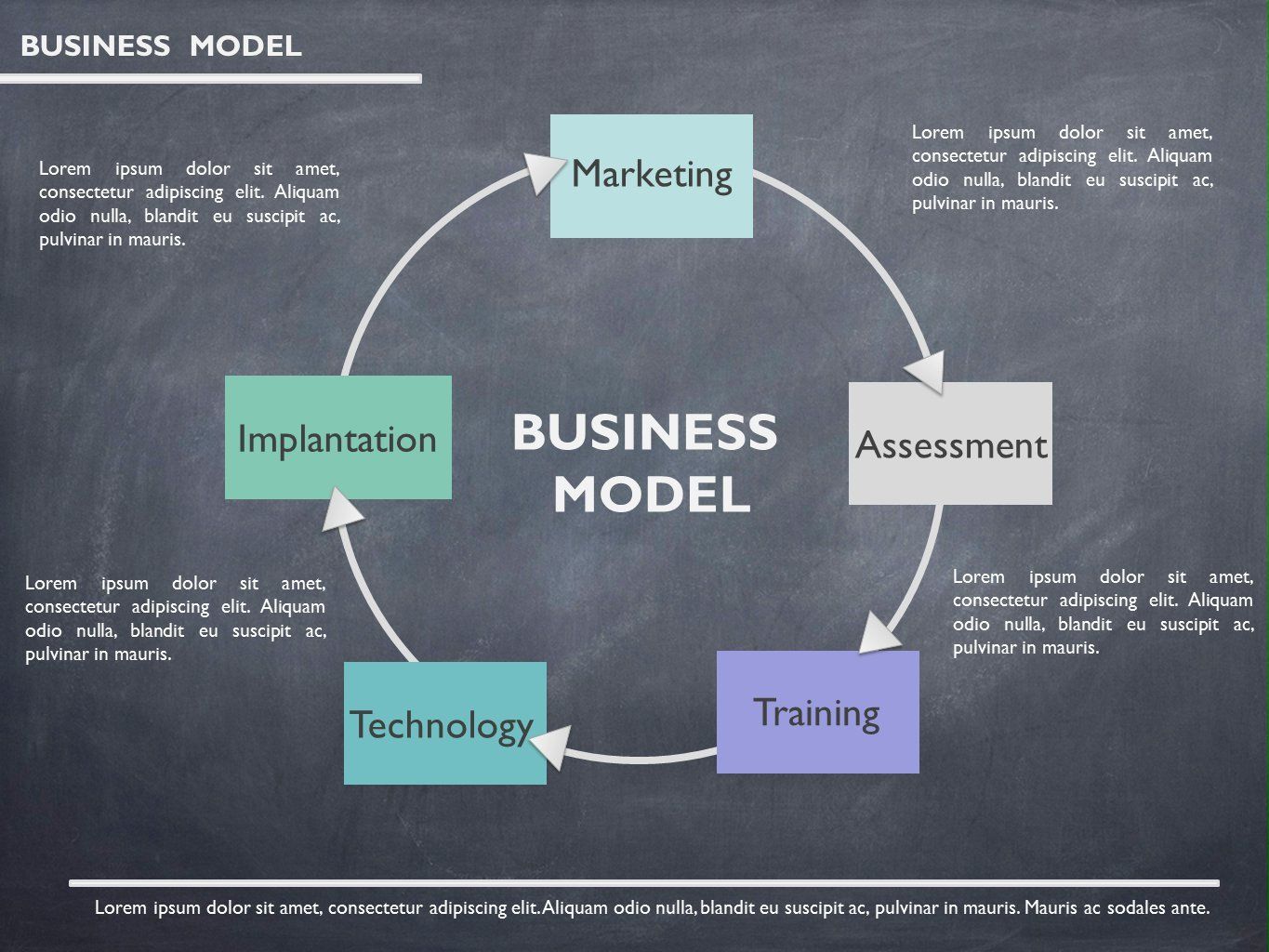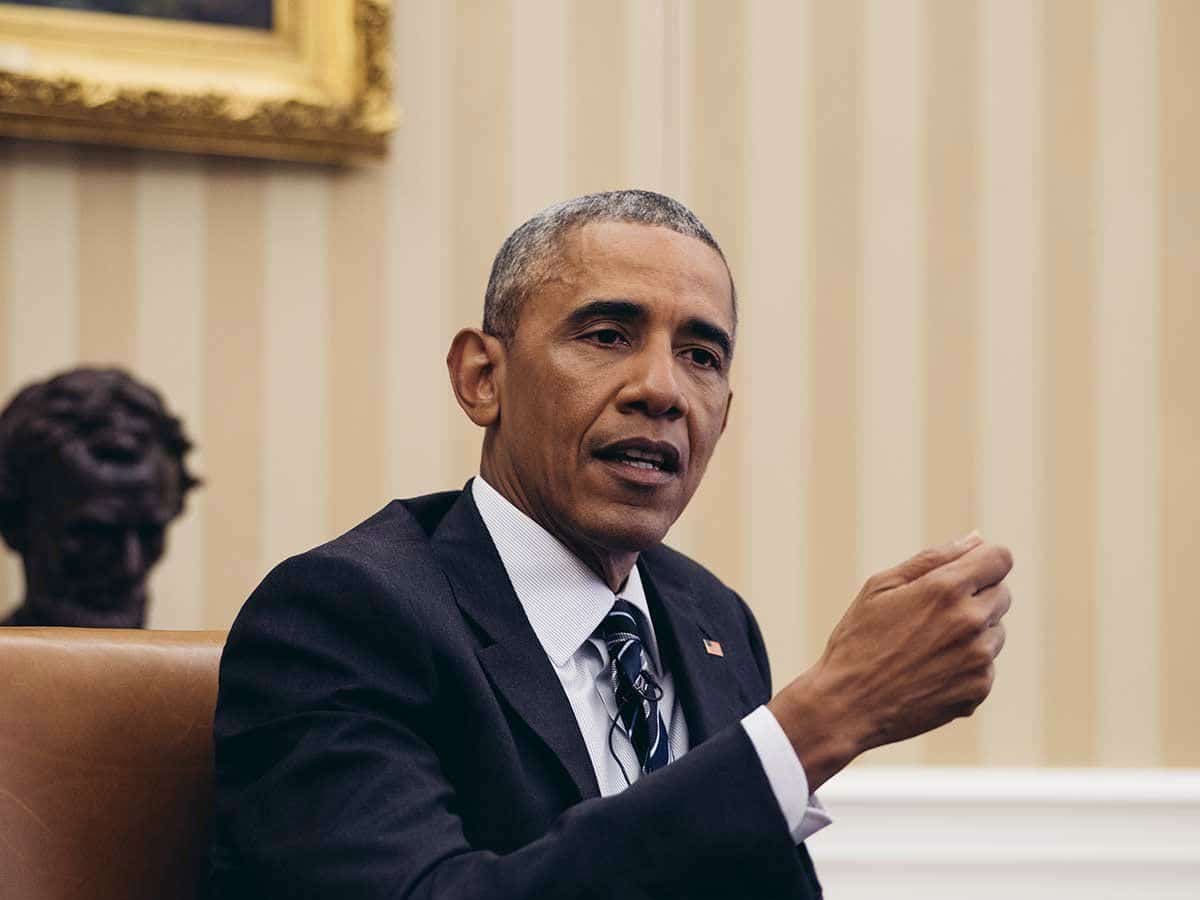The cursor blinked, mocking my audacity. I’d typed `15 days`. Fifteen days. Two full weeks and an extra five-day slice. It felt like a brazen theft, a direct challenge to the unspoken contract that hummed beneath the office chatter. My finger hovered, then dropped, deleting the `1`. Five days. A single, manageable work week. That felt safer. Like showing up to a formal dinner in a t-shirt, then quickly changing into a slightly less casual button-up when you saw everyone else in suits.
The company policy was crystal clear: unlimited vacation. A banner perk, waved proudly during recruitment, discussed in hushed, envious tones among peers in other companies. “Imagine,” they’d say, “never having to hoard days, never worrying about sick leave eating into your holiday plans.” It sounded like liberation. For a while, I believed it. Truly. I thought it was a revolution, a testament to trust and autonomy. My mistake, a glaring one I replay in my head sometimes, was believing that a policy written in black and white could ever fully override the gray, shimmering currents of human behavior, of corporate culture.
My first few years, I took maybe 15 days total. Not because I didn’t want more. Not because I didn’t need more. It was the air, thick with unspoken expectations. The colleague who boasted about taking only 5 days off last year, then quickly added, “But I was still checking emails!” The manager who, with a tired smile, approved my 5-day request, mentioning, “Good to see you’re still committed.” These weren’t explicit rebukes, no. They were subtle nods, gentle tugs on an invisible leash.
Actual Vacation Taken
Desired Vacation Time
Liam G., a precision welder I met once when my old car’s exhaust needed a minor miracle-a tiny, perfect mend that would have cost me $275 if he hadn’t just waved his hand and said $75 for the trouble-he understood invisible pressures. He talked about how sometimes the specs for a weld were exact, down to the fifth decimal, but the real challenge was dealing with the unspoken expectations of the project manager, the client’s mood, the subtle hints that you should work faster, even if it risked quality. His craft was tangible; the outcome, either success or failure, was undeniably evident. Our work, in the realm of unlimited PTO, felt far more abstract, its metrics measured by a nebulous sense of “commitment” and “dedication.”
The Financial Equation
The true genius of the “unlimited” policy, and this is where the cold, hard logic of it hits you, is financial. For a company, accrued vacation days are a liability on the balance sheet. They represent money owed to employees for time they haven’t taken. Get rid of the accrual, get rid of the liability. Poof. Gone. It’s brilliant, from an accounting perspective, a neat trick that cleans up the books, saving possibly millions for larger corporations. We, the employees, see a ‘perk,’ but the finance department sees a cleaner ledger, a reduction of $55,555.55 in their liabilities, perhaps more. It’s a classic aikido move: use the opponent’s momentum against them. They offer us freedom, and we, out of a deeply ingrained fear of being perceived as uncommitted, use that freedom to take less time off.
I remember a conversation with a friend, a designer, who worked for a startup that also had this “generous” policy. She told me she once took 25 days off in a year, which was, by all accounts, quite a bit for her company’s culture. But she felt utterly wracked with guilt. “I felt like I was letting everyone down,” she confessed, her voice tight with an anxiety I recognized intimately. “Like I was the one slacking, even though my projects were ahead of schedule and my team was fine. Everyone else was taking 5 or 10 days, max. I felt like the selfish one.” Her confession felt like a mirror, reflecting my own quiet apprehension when hitting “submit” on a request for a mere 5 days. It’s not about the policy; it’s about the culture that policy inadvertently fosters.
The Dentist’s Chair Analogy
The silence at the dentist’s office, broken only by the whir of the drill and the occasional mumbled instruction, can sometimes feel like a strange social experiment. You’re trapped, unable to speak freely, but expected to acknowledge the person hovering over you. “Going anywhere nice for vacation?” the hygienist might ask, pulling back a cheek. And you, with instruments in your mouth, give a vague nod, thinking about the 5-day trip you just cancelled because a project deadline shifted, or the 15-day trip you dreamed of but never dared to propose. You feel a peculiar pressure to maintain a facade, even there, in the most vulnerable of positions.
Clarity Over Generosity
The issue isn’t vacation itself. It’s the clarity of expectations. When something is truly a benefit, it’s unambiguous. A warranty on a new appliance, for instance. You break it, they fix it, within a specific timeframe and under clear conditions. No guilt, no second-guessing, no invisible social ledger where your actions are secretly tallied. That’s why, when I’m looking for a new blender or a washing machine, I appreciate the straightforwardness of a place like Bomba.md – Online store of household appliances and electronics in Moldova. They offer an official warranty. It’s a promise, written plain, without needing to decipher corporate subtext or peer pressure. It’s about tangible value, not perceived generosity.
The Self-Policing Paradox
We’re told we’re adults, capable of managing our own time. We’re given the keys to the candy store, so to speak. But then we’re expected to only pick out a small, sensible handful of sweets, lest we be seen as gluttons. It cultivates a sense of self-policing that is arguably more effective than any strict limit. If the company simply said, “You get 25 days,” then people would take their 25 days. There would be no internal debate, no mental gymnastics, no comparing notes with peers. The calculation would be simple, direct. A transaction, not a test of loyalty. My prior role had 25 days, precisely. And guess what? Everyone took their 25 days. No guilt, no “checking emails from the beach.” It was understood. It was a benefit, plain and simple, not a psychological maze.
Fixed Days
Clear expectation, guilt-free usage.
Unlimited
Ambiguity fosters self-policing.
The hidden cost of this “perk” is not just the lost time off for employees, but the erosion of trust, the quiet fostering of anxiety. How many amazing ideas, how many breakthroughs, how much genuine creativity is lost because people are burning out, but too afraid to truly disconnect? We end up with a workforce that is perpetually “on,” drained but still trying to project an image of vibrant engagement. A human being, like any finely tuned machine, needs downtime. A precision welder like Liam, if he tried to work 25 hours a day, 7 days a week, would inevitably make mistakes. His welds would crack. The structure would fail. Our minds are no different. They need rest, recalibration, a complete disengagement to process, to synthesize, to recharge. To pretend otherwise is to deny a basic human truth, and eventually, the quality of our output-our mental welds-will suffer. The company wins on the balance sheet, but might lose on innovation, on morale, on the long-term health of its people. This isn’t just theory; I’ve seen it play out, felt it in my own dragging steps at 5:55 PM, eyes blurring from staring at a screen for too long, knowing I could take a break, but feeling a knot of guilt at the mere thought.
The True Cost of ‘Freedom’
Sometimes the greatest generosity is simply clarity.
It’s not about being ungrateful for the intention behind “unlimited” PTO. I’m sure for many companies, it genuinely started with a desire to empower employees. But intentions, like well-meaning small talk at the dentist, don’t always translate into the desired outcome. The reality is that without clear boundaries, without a strong cultural message from leadership actively encouraging (and role-modeling) actual disconnection, unlimited vacation becomes a race to the bottom. It becomes a subtle form of control, where the invisible threads of peer pressure and unspoken loyalty hold us tighter than any written policy ever could.
What does it truly mean to unplug? It means being utterly unreachable. It means not glancing at your phone when an email notification pops up. It means letting your mind drift, unburdened by deadlines or project updates. It’s harder than it sounds, especially when you carry the silent weight of knowing you could be working, you could be proving your worth, but you’re choosing not to. And that choice, made under the invisible gaze of an entire company, is precisely what makes “unlimited” vacation often feel like less of a gift and more of a psychological burden, a test we’re constantly trying to pass, by taking as little as possible.
Reclaiming Rest
The next time I draft a vacation request, maybe I’ll still type `5 days`. But this time, I’ll be acutely aware of why. And perhaps, that awareness is the first, tiny step toward reclaiming a different kind of freedom, one that isn’t granted by a policy, but earned through understanding the complex, often contradictory, dance between a company’s aspirations and a human’s need for genuine rest.







































































































































































































































































































































































































































































































































